Implementing social welfare through full-fledged restaurant, agricultural, and forestry businessesFrom a beginner in social welfare to a manager of facilities that provide social welfare and provide employment
Established in 2001, Fukushi Gakudan (Social Welfare Orchestra) operates nursing homes (legally designated as “intensive care homes for the elderly”) and centers providing daytime services in Chiba and Saitama prefectures. Daisuke Iida, Fukushi Gakudan’s managing director, originally had no interest in social welfare.
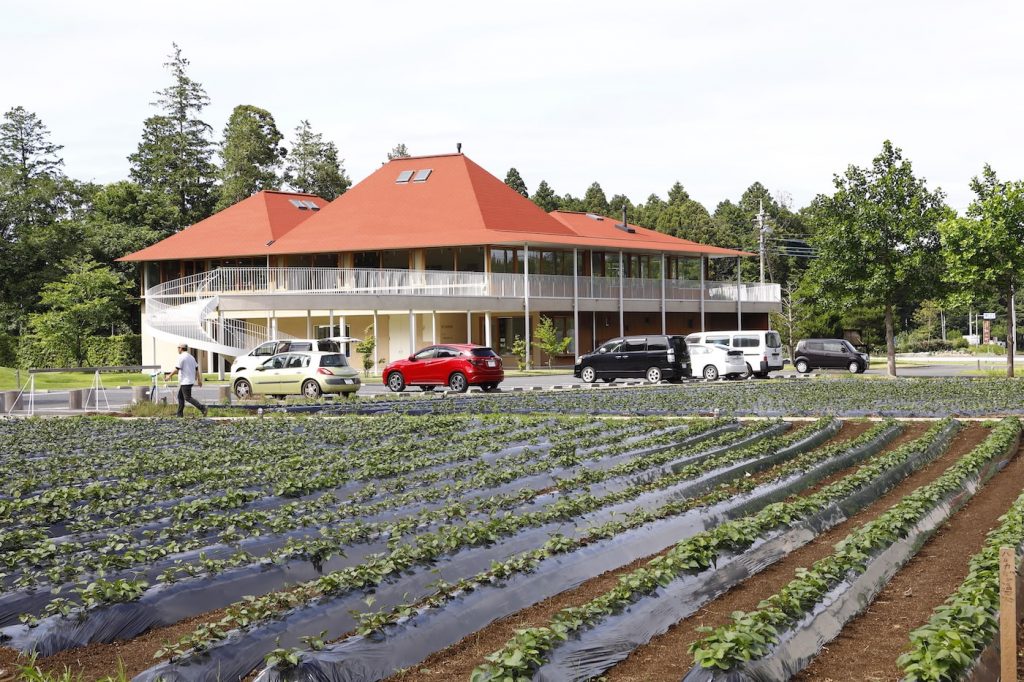
After graduating from university, however, Mr. Iida became involved in social welfare to carry on the work of his deceased mother, who prior to her death had been making preparations to open a social welfare facility. After consulting with other family members, he decided to open a nursing home. He recalls, “We decided that my uncle, who raised pigs, would be the facility’s director, and we would work toward the opening while I studied social welfare. As part of their preparations, Mr. Iida visited 120 social welfare facilities across Japan.
Mori-no-Ie (Forest House) Kurimoto opened in Katori City, Chiba Prefecture, in 2003. The operation subsequently expanded to include facilities for daytime services and short-term stays.
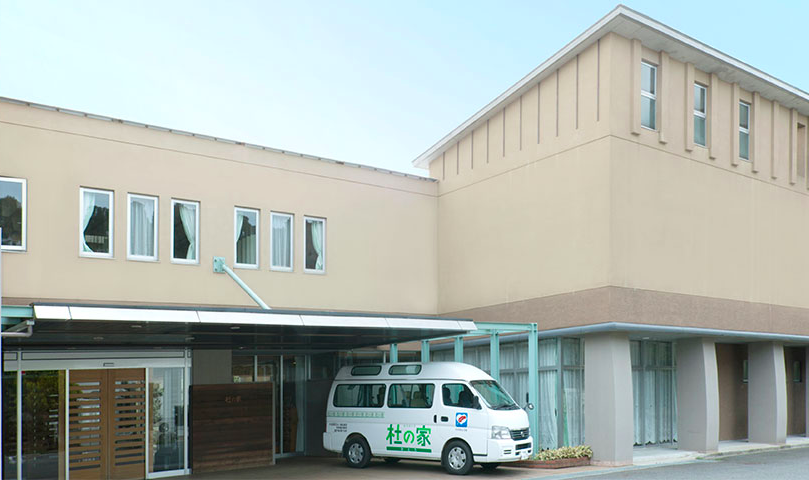
Fukushi Gakudan also operates businesses that support employment for persons with disabilities, one of which is Koisuru-Buta Laboratory (Laboratory That Pigs Love).
If we become a popular restaurant, we will be able to pay high wages
Koisuru-Buta Laboratory is both a pork butcher and restaurant. Although the location cannot be called convenient, the restaurant is very popular, with people waiting in line for up to two hours to dine there on weekends and holidays.
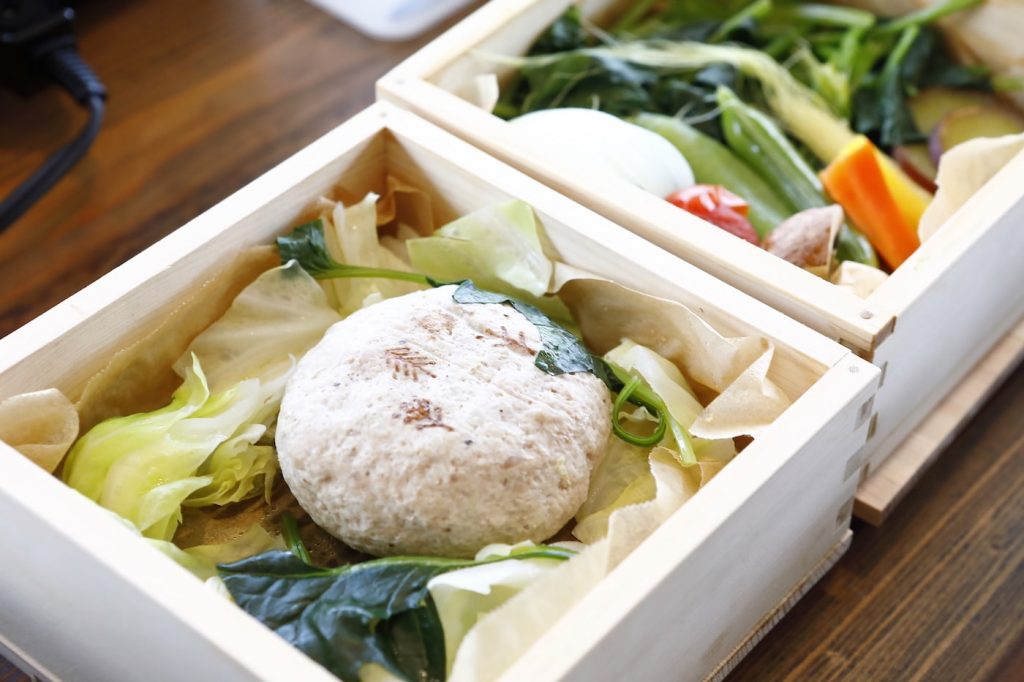
Unsurprisingly, the most popular menu items are pork dishes. The restaurant itself is very stylish, having been built with input from a famous architect and designer, and is a popular destination for tourists from overseas and students of architectural design.
Koisuru-Buta Laboratory is a “Type A workplace,” which is defined as “support for continuous employment” under the Services and Supports for Persons with Disabilities Act, and roughly half of the staff have a disability. Their monthly wage is in the 80,000 to 90,000 yen range, which is higher than the national average of 70,720 yen (from Ministry of Health, Labour and Welfare data for 2017) for Type A workplaces.
Koisuru-Buta Laboratory was launched when Mr. Iida learned – to his surprise – that the average wage for persons with disabilities (at Type B workplaces) was roughly 10,000 yen. Around that time, Masao Ogura, who founded the Yamato Welfare Foundation, was known for having started the Swan Bakery chain of bakery and coffee shops with the aim of raising the monthly wage for employees with disabilities to 100,000 yen. That business was doing well, having succeeded in creating a work environment that was hospitable to all employees regardless of whether or not they had a disability.
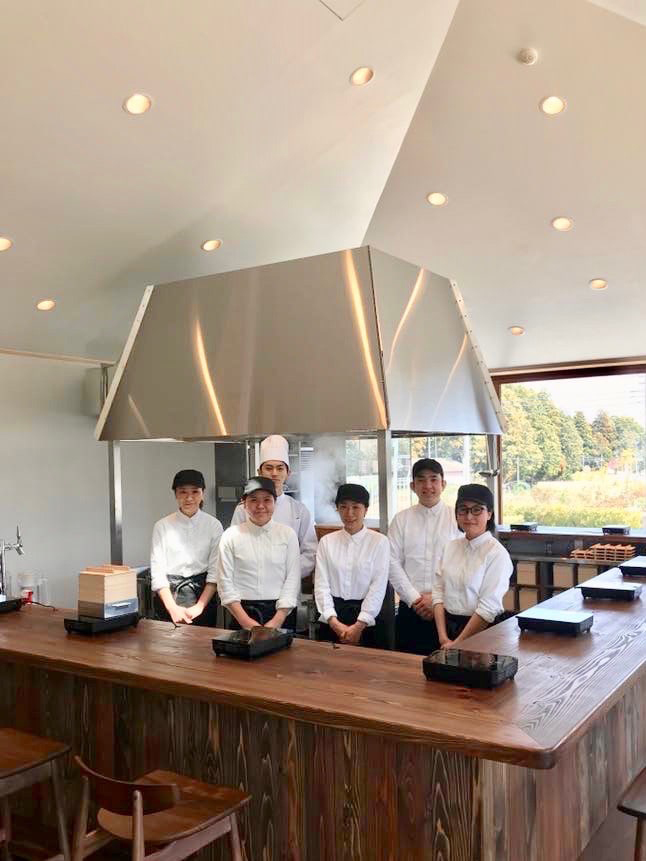
When he thought about what he could do, Mr. Iida came up with the idea of pork. There is much pig farming in Chiba Prefecture and his uncle operated a pig farm, and he thought that rebranding that pork could make it popular. After five years of preparations, Koisuru-Buta Laboratory opened in 2012. Using pork from pigs that have been carefully raised using only premium feed, the Laboratory began making and selling hams and sausages. They also opened a restaurant on-site that serves delicious pork dishes.
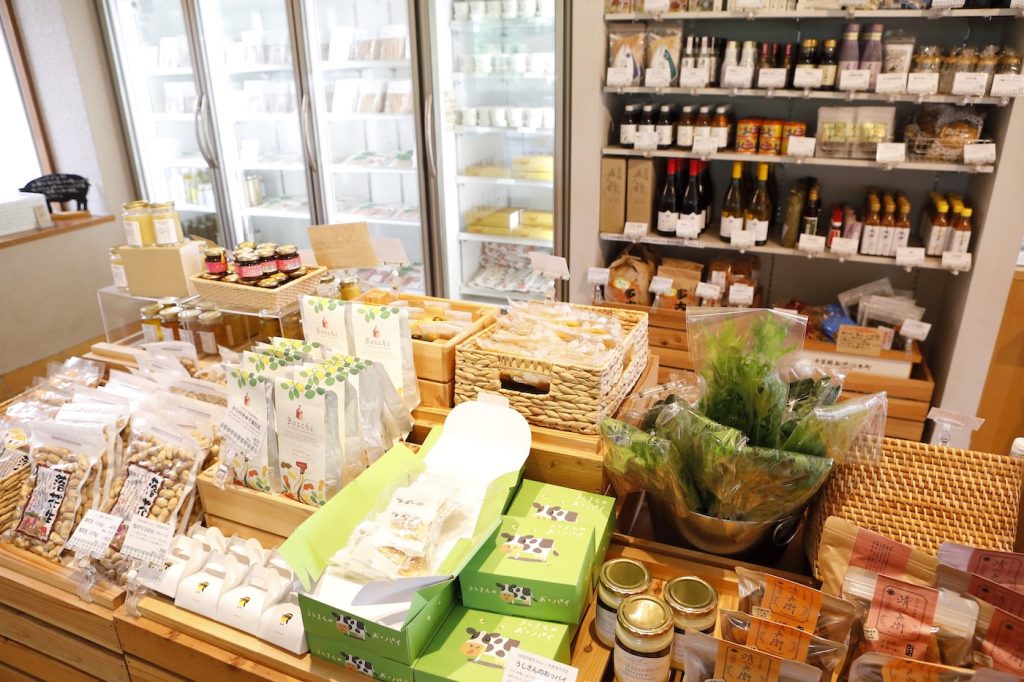
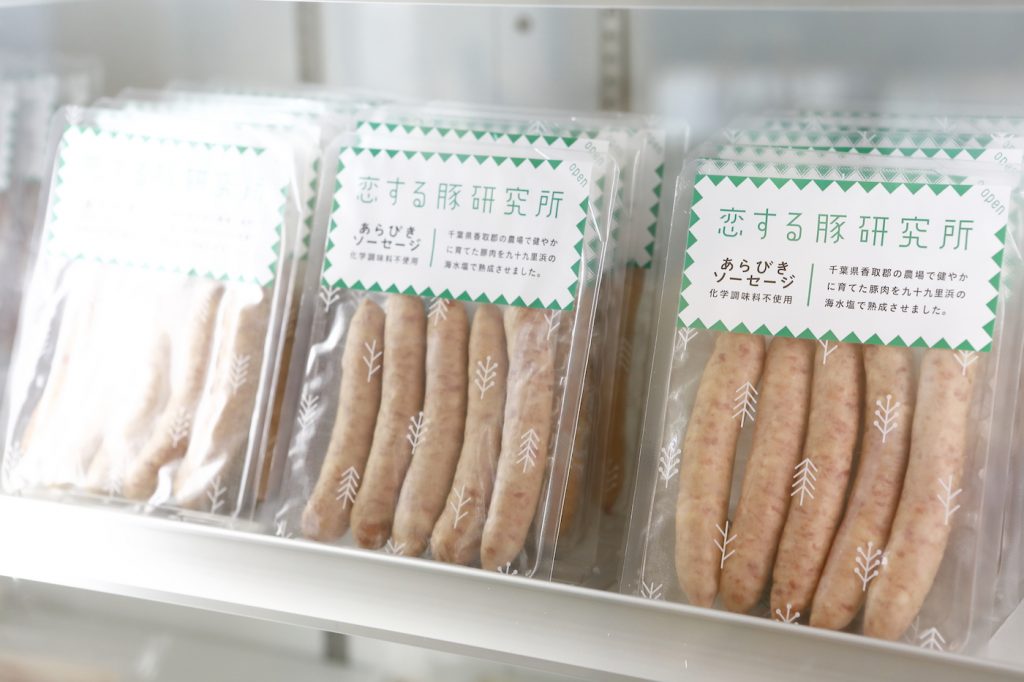
The work performed at Koisuru-Buta Laboratory is set up with a very detailed division of labor for the employees. Each task is assigned a number, and when employees arrive for work in the morning, the numbers for their work that day are written on a whiteboard, and that is how they proceed with their day’s work. To help the employees remember what each task entails, file folders are also prepared and labeled with the number of each task, and inside is a detailed explanation using text and pictures to explain the details of what needs to be done for that task.
Introducing social welfare in forestry and agriculture as well
The Kurimoto No. 1 Wood and Charcoal Supply Station, also operated Fukushi Gakudan, is a short walk from the restaurant.
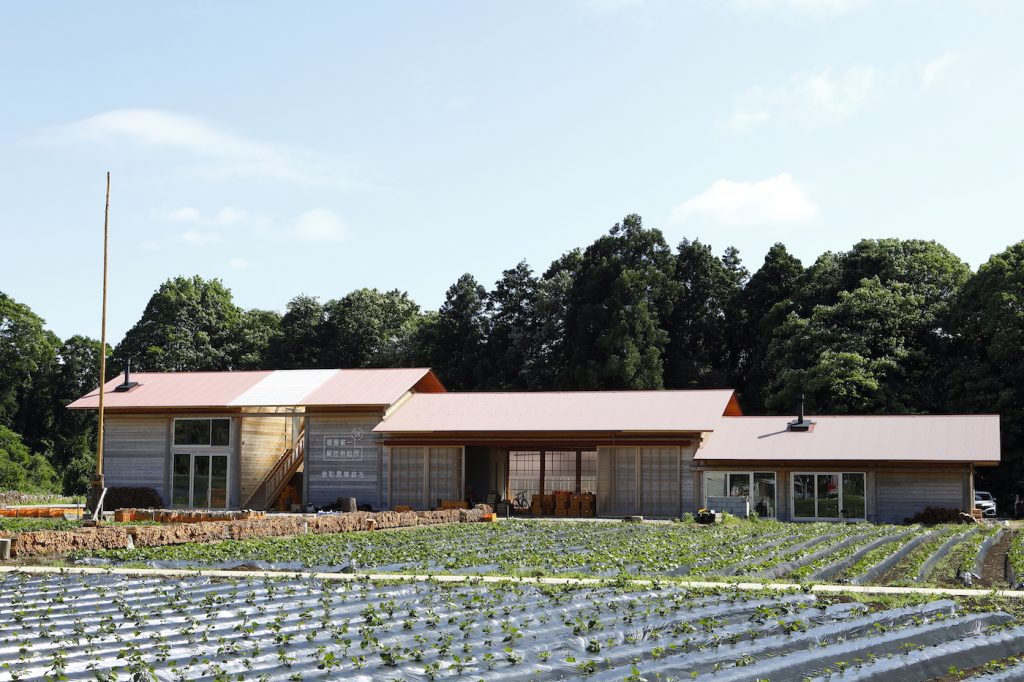
This is also a workplace that supports employment for persons with disabilities, and began as a model project as part of The Nippon Foundation’s Hataraku NIPPON Project to support employment for persons with disabilities. One of the Supply Station’s activities is harvesting timber as part of the management of unattended forests in the surrounding area. Timber harvested from the forest directly behind the facility is taken to a processing site, where it is turned into firewood that is sold to campsites.
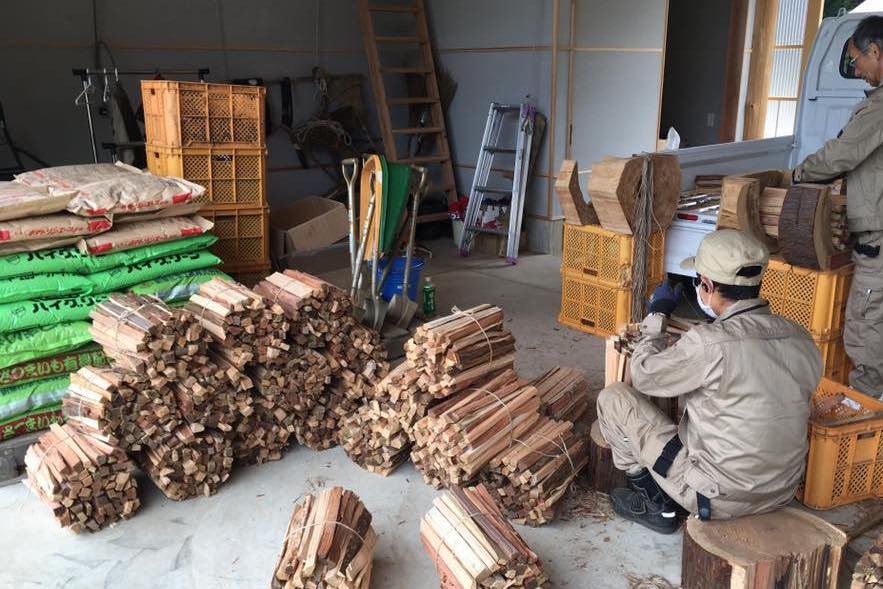

Employees with disabilities are assisted by “supporters,” and as at Koisuru-Buta Laboratory, jobs are broken down into individual tasks that are assigned a number. Nevertheless, tending the forest and processing the timber is hard work. Mr. Iida has therefore sent staff to Nara Prefecture for six months of training in forests there.
The Kurimoto No. 1 Wood and Charcoal Supply Station has another business in the area of agriculture. Behind the Supply Station is a two-hectare field of sweet potatoes that was initially planted in 2018 with the cooperation of local farmers. Everyone involved is new to this endeavor, so they are learning as they go.
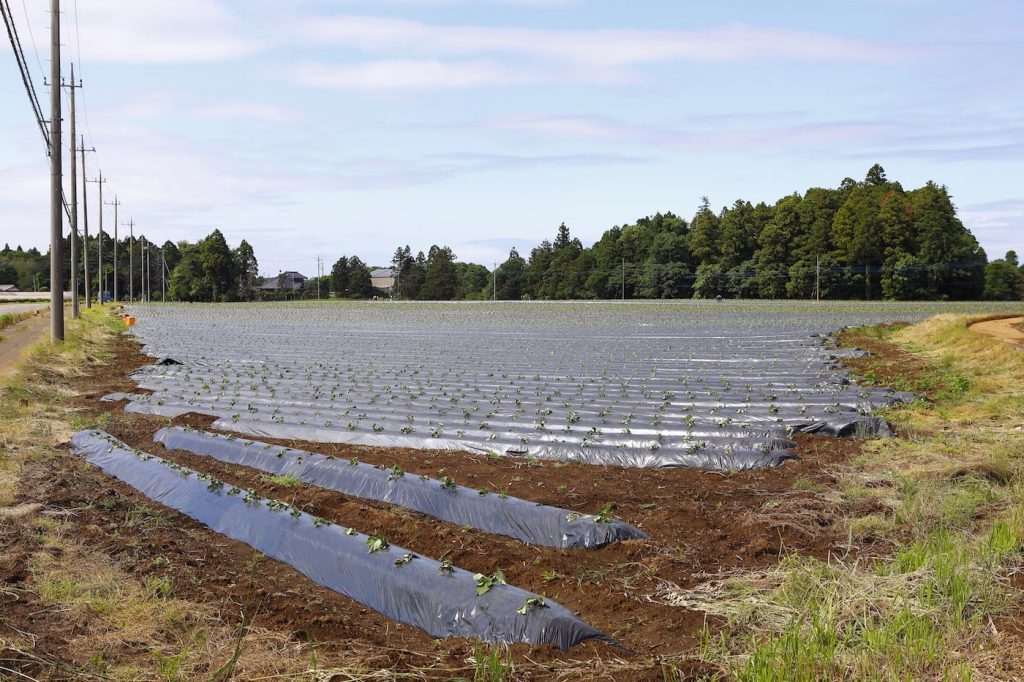
Wanting to support people “who want to work”
We asked Mr. Iida about how he wants the Koisuru-Buta Laboratory and Kurimoto No. 1 Wood and Charcoal Supply Station to develop as facilities that support employment for persons with disabilities going forward. He said that people have suggested that Koisuru-Buta Laboratory open a restaurant in Tokyo, but he is thinking about first opening a small retail store. That way, the Laboratory could develop as a place that employs people who want to work hard, while offering people in Tokyo new ways to enjoy pork.
For the Kurimoto No. 1 Wood and Charcoal Supply Station, he is thinking about adding the business of a lodging facility. Because the amount of work for both agriculture and forestry varies significantly depending on the weather and the season, adding a service business would provide stable work throughout the entire year.
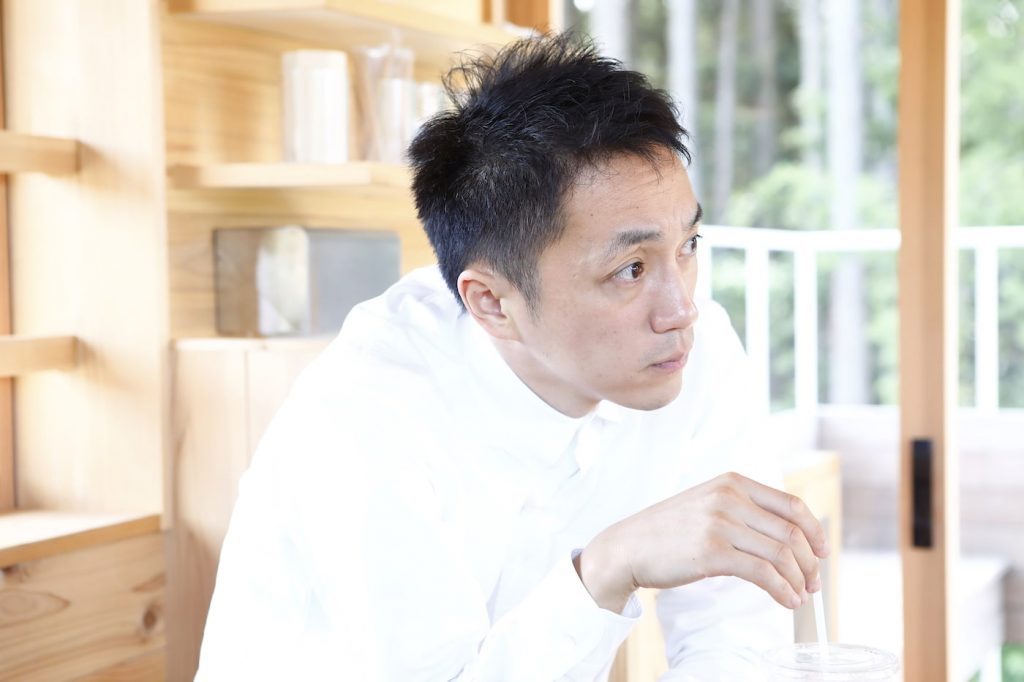
He notes that he would like for the facility to be able to provide guests with activities like hand-on experience in agriculture and forestry, and that he would like to be able to employ persons recovering from substance dependency and former juvenile offenders, commenting, “I hear of many people who want to work. If there are needs, I would like to address them to the extent possible.”
Another factor with a lodging facility is that the basic work is cleaning and maintenance. Mr. Iida feels that these are jobs that persons who have difficulty working could adjust to easily, and by also providing housing to employees, he could employ a more diverse range of people. Most importantly, providing services would lead to contact with the outside world. He commented, “There will probably be problems from time to time, but I would like to create a place where, by working, people can gradually build relationships of trust with society.”
Contact
Public Relations Team
The Nippon Foundation
- Email: cc@ps.nippon-foundation.or.jp



